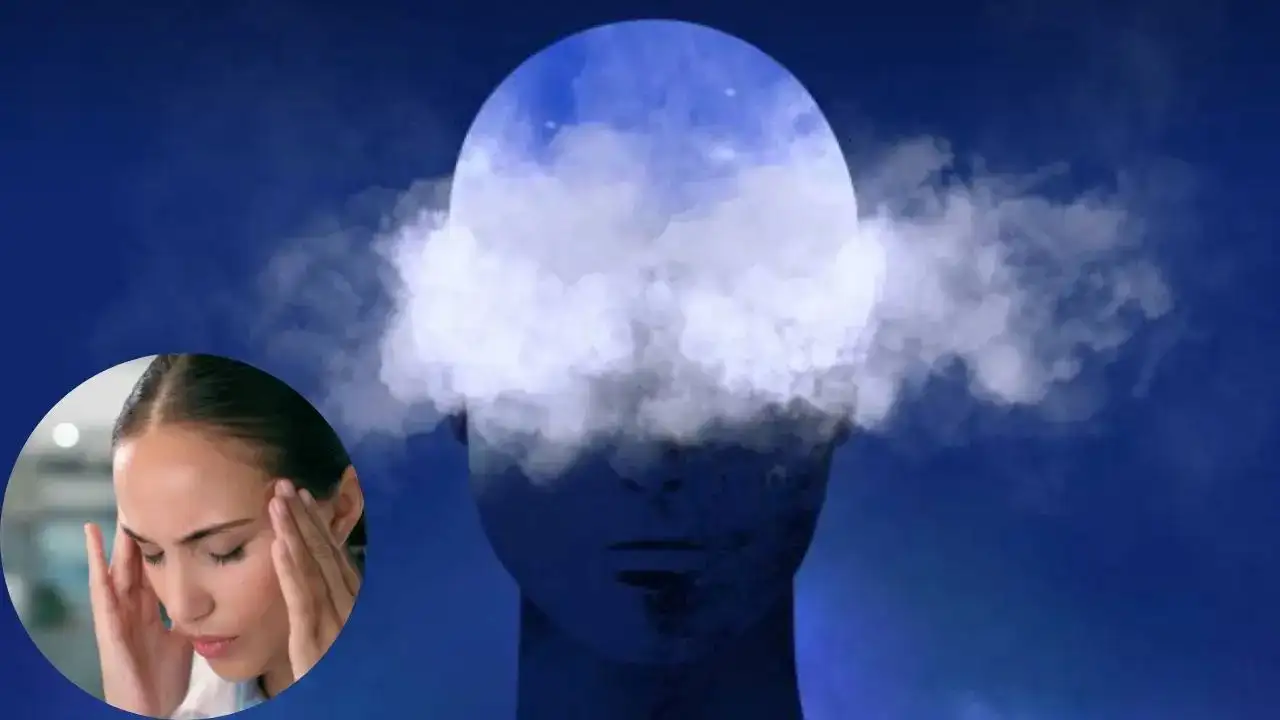
Brain fog is linked to an intersection of the existing lifestyle issues, which include environmental poisons, and COVID-19
Brain fog - a state of mental confusion, disorganization, and lack of clarity - has many symptoms like concentration issues, memory problems, and mental fatigue. It is not a specific medical condition but rather a collection of symptoms, often described as a feeling of mental haziness or difficulty thinking clearly. According to experts, brain fog is triggered by various factors, which include stress, lack of sleep, nutritional deficiencies, or a few medical conditions.
There has been a significant rise in cases of brain fog that is linked to an intersection of the existing lifestyle iss which include environmental poisons, and the residual impacts of the COVID-19 pandemic.
A few reasons why brain fog cases may be seeing an uptick include:
Stress
Modern lifestyle challenges are aplenty, which include chronic stress, which increases blood pressure levels, weakens the immune system, and triggers depression. It also leads to mental fatigue. Doctors say when your brain is exhausted, it becomes harder to think, reason, and focus.
Poor quality sleep
Poor-quality sleep interferes with your brain functions, so it is important to get at least 8–9 hours of sleep every night. Sleeping too little can lead to poor concentration and cloudy thoughts.
Hormonal changes
According to studies, hormonal changes—due to environmental factors—can also lead to brain fog. In the long run, it can lead to memory problems and cause short-term cognitive impairment.
Post-COVID neurological effects
Most of the survivors of COVID-19 have developed long-term cognitive symptoms, which experts say manifest as impaired memory, lack of concentration, and mental exhaustion. Around 25–30 per cent of the recovered patients are projected to have these neurologic symptoms.
Nutritional deficiencies
Bad dieting, which includes processed foods and irregular meal timing, deprives the brain of some of its needed nutrients. Lack of B12 and omega-3 fatty acid consumption is linked to cognitive loss and mental fogginess.
How to diagnose brain fog?
Talk with a doctor if you have a persistent lack of clarity that worsens or does not improve. A single test cannot be used to diagnose brain fog. Brain fog may signal an underlying issue, so healthcare professionals will conduct a physical examination and ask about your:
- Mental health
- Diet
- Level of physical activity
- Current medications or supplements
You should let a doctor know about other symptoms you might have. For example, someone with hypothyroidism may have brain fog along with hair loss, dry skin, weight gain, or brittle nails. Blood work can help your doctor identify the cause of your brain fog. A blood test can detect the following:
- Irregular glucose levels
- Poor liver, kidney, and thyroid functions
- Nutritional deficiencies
- Infections
- Inflammatory diseases
How can you treat brain fog?
According to experts, a few treatment options for brain fog include:
Digital detox
Restrict screen exposure and indulge in offline activities to alleviate cognitive overload.
Sleep schedule
Seven to eight hours of quality sleep every night.
Nutritionally balanced diet
Include brain-boosting foods that are high in antioxidants and contain healthy fats along with essential vitamins.
Regular physical activity
Make sure to exercise enough to enhance cognitive ability and reduce stress.
Stress management
Apply mindfulness, meditation, or yoga to de-stress.
Medical consultation
See a healthcare professional if your symptoms persist.
